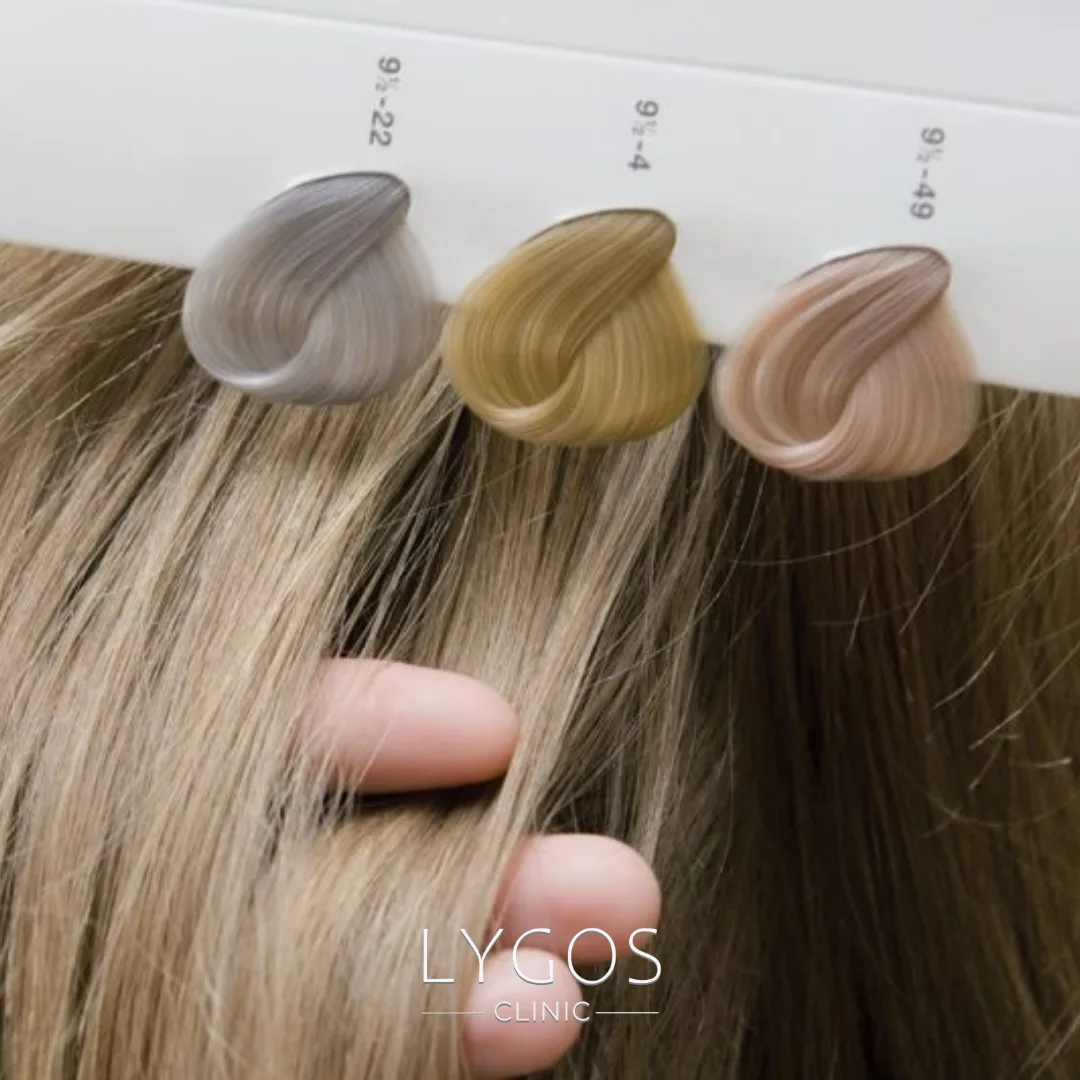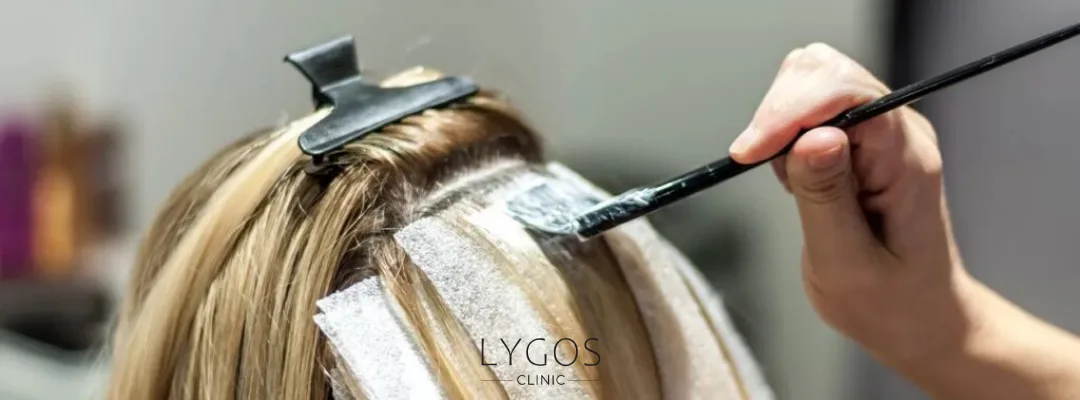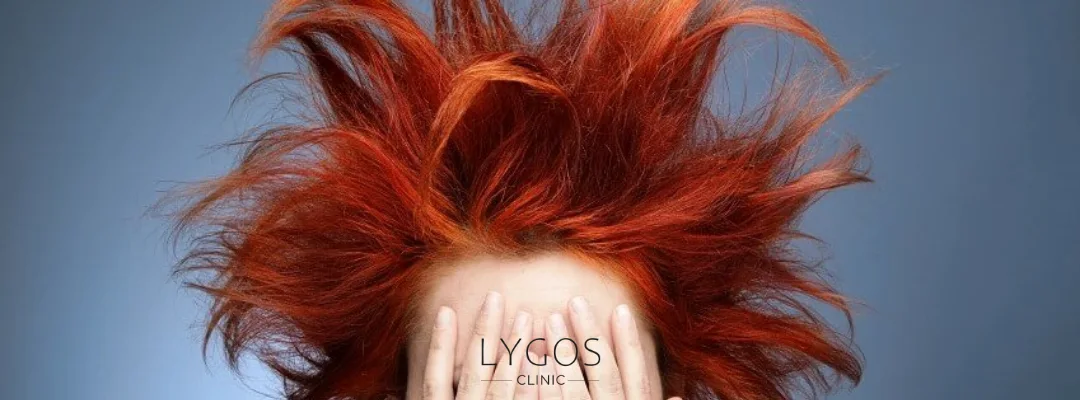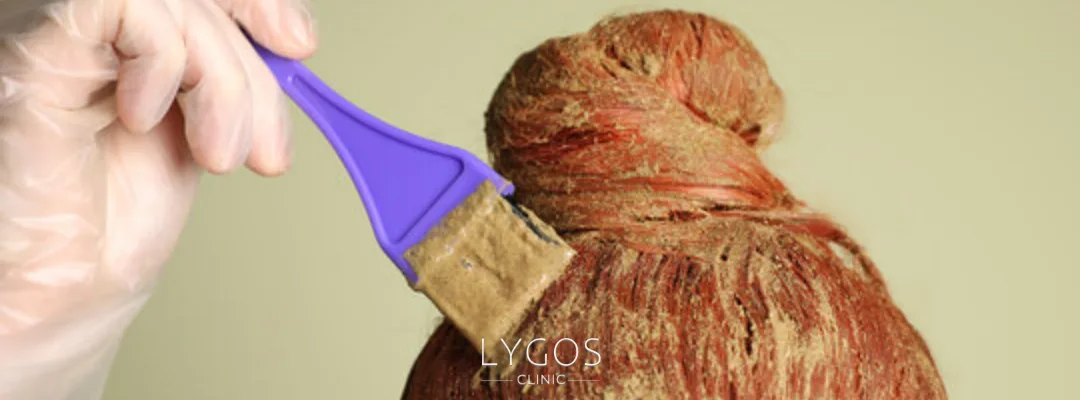Does Hair Dye Damage Hair?

Chose Your Topic
Does Hair Dye Damage Hair
Hair dyes are among the indispensable products of the personal care and beauty world. Many people use them to change their hair color, cover grays, or create a different style. But one of the most frequently asked questions is: Does hair dye damage hair? The answer depends on the ingredients of the dye, how often it is applied, hair type, and the aftercare routine.
In this article, we will cover the ingredients of hair dyes, their effects on hair health, the differences between chemical and herbal dyes, common mistakes made during dyeing, and the right care methods. We will also mention natural ways to change hair color.

Does Hair Dye Damage Hair?
Hair dyes contain chemical or natural components that penetrate the hair shaft to change its color. During this process, some changes occur in the structure of the hair. In particular, chemical dyes open the cuticle layer of the hair so that pigments can settle in. This can weaken the natural structure of the hair.
Frequent dyeing, using low-quality products, or applying the dye incorrectly can make the hair wear out more quickly. However, with quality products, professional application, and proper aftercare, these negative effects can be greatly reduced.
So, does hair dye damage hair? The answer is: “Yes, it can—but with the right methods, the damage can be minimized.”
Ingredients of Hair Dyes and Their Effects on Hair Health
Hair dyes generally contain various chemicals to ensure permanence and achieve different shades. The most well-known components are:
- Ammonia: Opens the cuticle so the dye can penetrate the hair shaft. However, it can dry and weaken the hair.
- Hydrogen Peroxide: Lightens natural pigments in the hair to allow color change. Overuse can reduce hair elasticity.
- Paraphenylenediamine (PPD): Helps the color last longer but may cause allergic reactions in some people.
- Herbal extracts: Recently added to many dyes to nourish hair and reduce damage.
In short, the answer to “Does hair dye damage hair?” depends on the product’s ingredients. Chemically intense products can harm hair health more, while plant-based dyes are gentler.
Differences Between Chemical and Herbal Hair Dyes
One of the most confusing points for people who want to dye their hair is the difference between chemical and herbal dyes.
- Chemical dyes: Permanent, offer a wide range of colors. However, in the long term, they may cause dryness, breakage, and thinning.
- Herbal dyes: Less likely to damage hair. The natural oils and vitamins they contain can make hair look healthier and shinier. But they are less permanent and have limited color options.
Thus, the answer to “Does hair dye damage hair?” varies depending on the type of dye used. Chemical dyes carry more risks, while herbal dyes are a safer alternative.

Common Mistakes Made When Dyeing Hair
The biggest factors that increase hair dye damage are incorrect applications. The most common mistakes include:
- Dyeing too frequently: Constant exposure to chemicals accelerates hair damage.
- Choosing the wrong color: Very different tones from your natural shade require stronger bleaching, which harms the hair.
- Using low-quality dye: Poor-quality products negatively affect hair health.
- Incorrect application at home: Lack of knowledge can cause uneven color and more damage.
- Neglecting aftercare: Not moisturizing the hair after dyeing leads to dryness and breakage.
Avoiding these mistakes makes the answer to “Does hair dye damage hair?” more positive.
How Should Hair Be Cared for After Dyeing?
Proper aftercare is very important for maintaining healthy dyed hair. Key points include:
- Use moisturizing shampoo and conditioner to restore lost hydration.
- Apply a hair mask once a week to repair and strengthen hair strands.
- Reduce heat styling (blow-drying, curling, straightening), as these make dyed hair weaker.
- Trim split ends regularly for a healthier look.
- Use natural oils like argan oil, olive oil, or coconut oil to nourish the hair.
With proper care, the negative effects of hair dye can be significantly reduced.

Is It Possible to Change Hair Color Naturally?
For those who want to avoid chemical dyes, natural methods can be an alternative. Some natural ways to change hair color at home include:
- Henna: The most well-known natural dye, leaving reddish-brown tones.
- Sage and walnut shells: Can create darker shades.
- Chamomile tea: Gives light blonde highlights.
- Coffee: Enhances brown tones.
- Turmeric: Adds a subtle golden-yellow brightness.
These methods are not permanent, but they can alter appearance without harming hair health. Thus, the question “Does hair dye damage hair?” doesn’t even arise.
Overall, the answer to “Does hair dye damage hair?” is: “Yes, it can.” But the extent of damage depends on the quality of the product, frequency of application, and aftercare. Chemical dyes are riskier, while herbal and natural methods offer safer options.
Remember: Hair is one of the most important parts of personal appearance. With the right products and proper care, dyeing your hair can enhance your look while still protecting its health.
Does Hair Dye Damage Hair Frequently Asked Questions (FAQ)
Yes, hair dye can damage hair if used incorrectly or too often. However, if you use high-quality products and take proper care afterward, the damage can be minimized.
Herbal dyes are gentler than chemical ones and usually cause less damage. But they are not completely harmless—always check the ingredients.
To maintain healthy hair, it’s recommended to dye it every 6–8 weeks. Dyeing more frequently can cause dryness and breakage.
Use moisturizing shampoo and conditioner, apply masks at least once a week, and avoid excessive heat styling.



